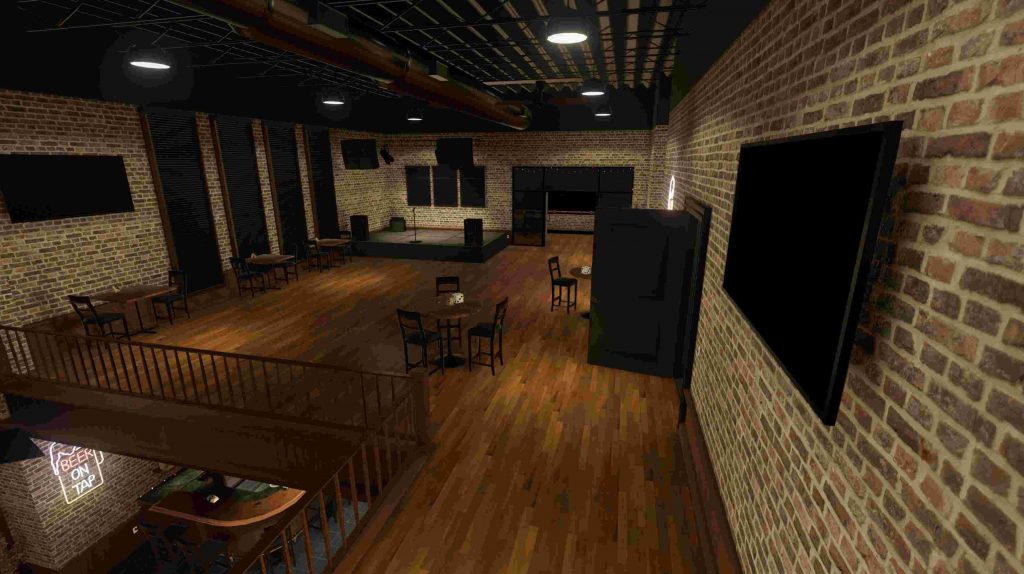What Are the Top VR Game Companies and App-Makers?
The world of virtual reality app development has rapidly expanded as VR headsets become more accessible and more widely used. Companies all over the world have moved into this field, honing new skills as they create apps that are both useful and entertaining. Some of these firms focus more on creating immersive computer-generated worlds for video games, while others look to enhance consumers’ shopping experience with virtual product demonstrations or improve employee training using VR simulations. With so many companies taking advantage of this emerging technology, some of them have found ways to stand out from the crowd, carving out their own niches in the world of VR.

Prominent VR Game Companies
VR allows for immersive gaming adventures unmatched by what regular gaming consoles can provide. Some companies have capitalized on this new level of realism to create hit VR games, while others provide platforms on which these games are built.
Leading gaming companies collaborate with an igaming developer to integrate VR capabilities into their online platforms.
- Unity: Unity is a 3D game development platform that’s used by top-tier gaming companies, amateur developers, and everyone in between. While Unity does not create games itself, it’s the platform most often used by VR game developers.
- Owlchemy Labs: This VR game studio has had several hit titles, such as Job Simulator and Rick and Morty: Virtual Rick-ality. The company got its start in mobile games before making the leap to virtual reality.
- Luden.io: This VR game company originated as a research and development wing of the Russian video game developer Nival. Today, Luden.io focuses on educational games like Learning Factory and Rewire.
- OZWE Games: OZWE Games is a Swiss virtual reality game company working to provide next-level gaming experiences. Their creations have included Death Lap and Anshar Wars.
- Ubisoft: Ubisoft is no stranger to the world of gaming; they’ve been creating beloved franchises for decades. This company ventured into the VR industry in 2016 with Eagle Flight, and they’ve gone on to create hits such as Star Trek: Bridge Crew.
VR App Companies Making Waves
Virtual reality apps can also have many uses in the world of business. Several companies have made a name for themselves by using VR to create tools for employee training, virtual walk-throughs of properties for sale, and interactive experiences that let consumers get an up-close look at products before they make a purchase.
- Invonto: This American virtual reality applications company creates simulations for a wide variety of uses, from training exercises to worker collaboration to product demonstrations
- ServReality: This virtual reality app development company creates VR and augmented reality software for companies in a variety of fields, including finance, medicine, travel, and real estate.
- Appinventiv: Appinventiv creates VR and AR tools to help businesses increase brand awareness and achieve their sales goals.
- Juego Studios: What started as a game design company ended up becoming a VR and AR technology venture that has created a range of different types of apps, from the space battle game Genetrix to 3D Organon, an anatomy simulation for medical students.
- Softweb Solutions: Softweb Solutions creates AI and VR solutions for businesses looking to create better online shopping and learning experiences.